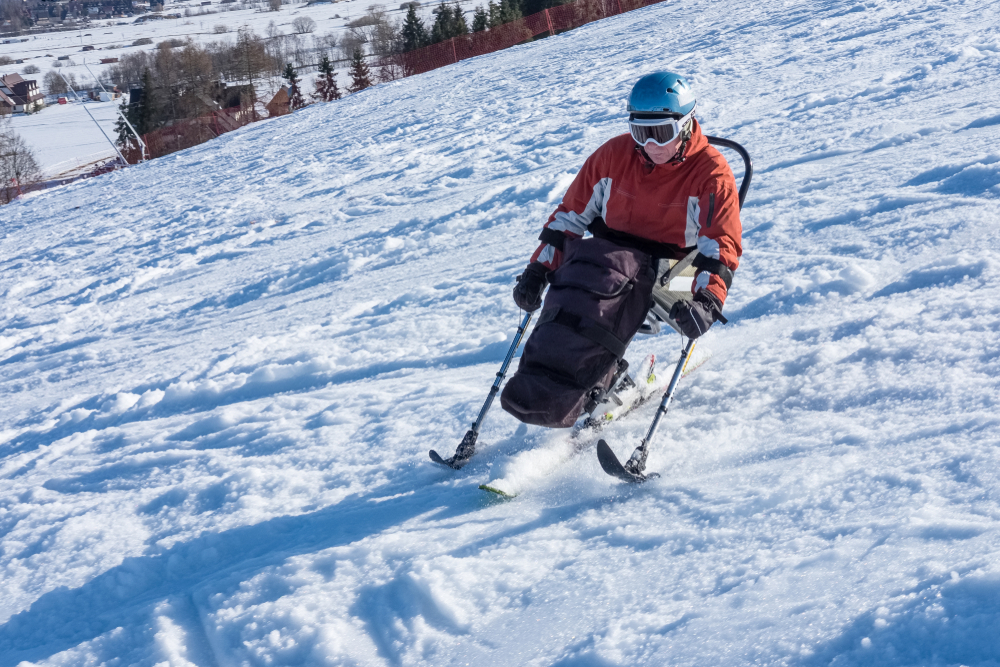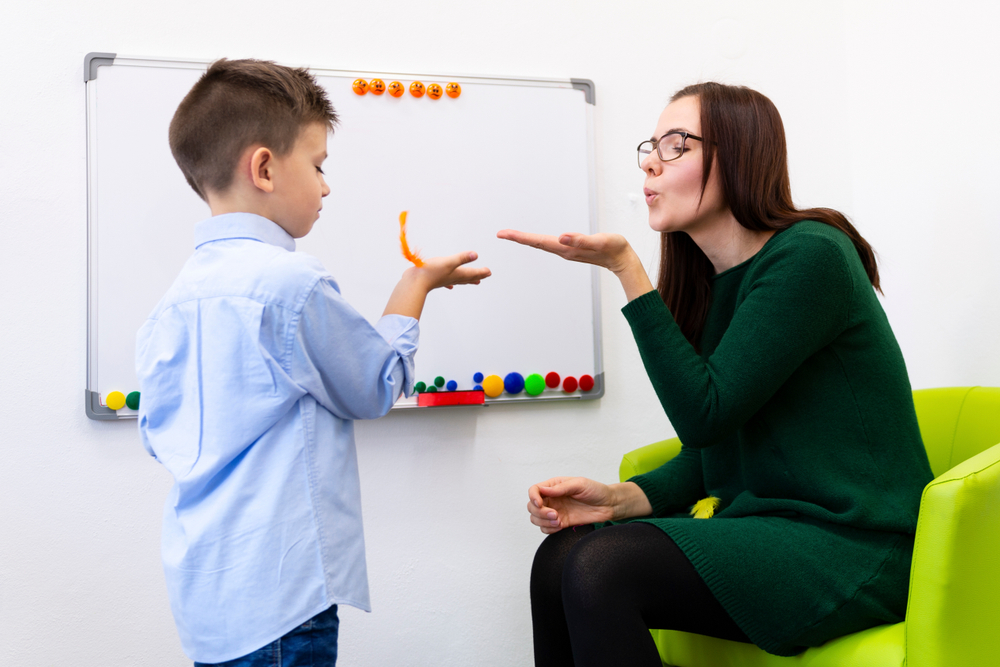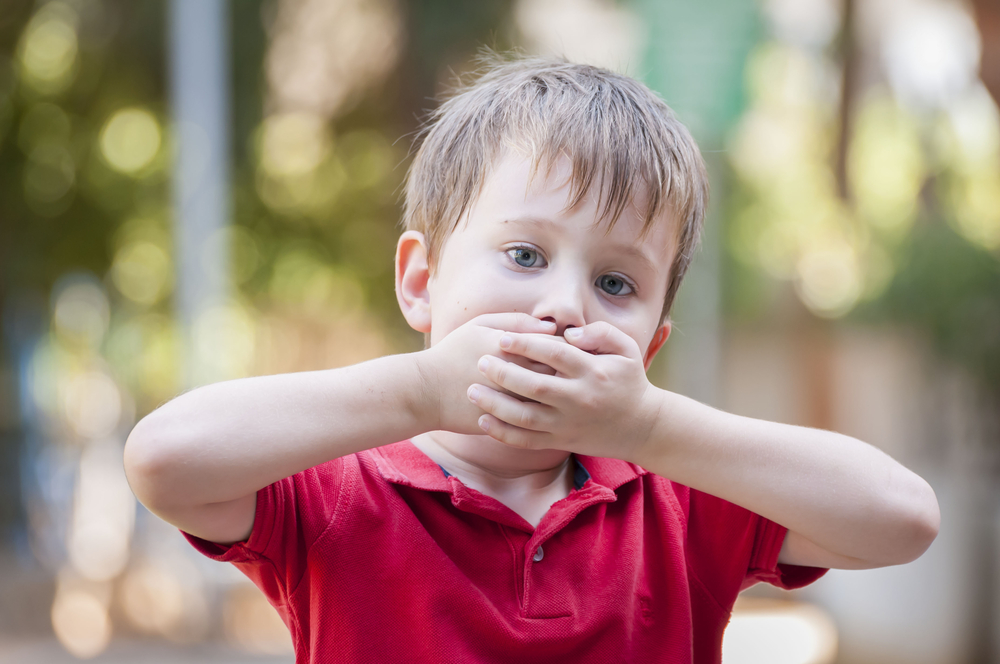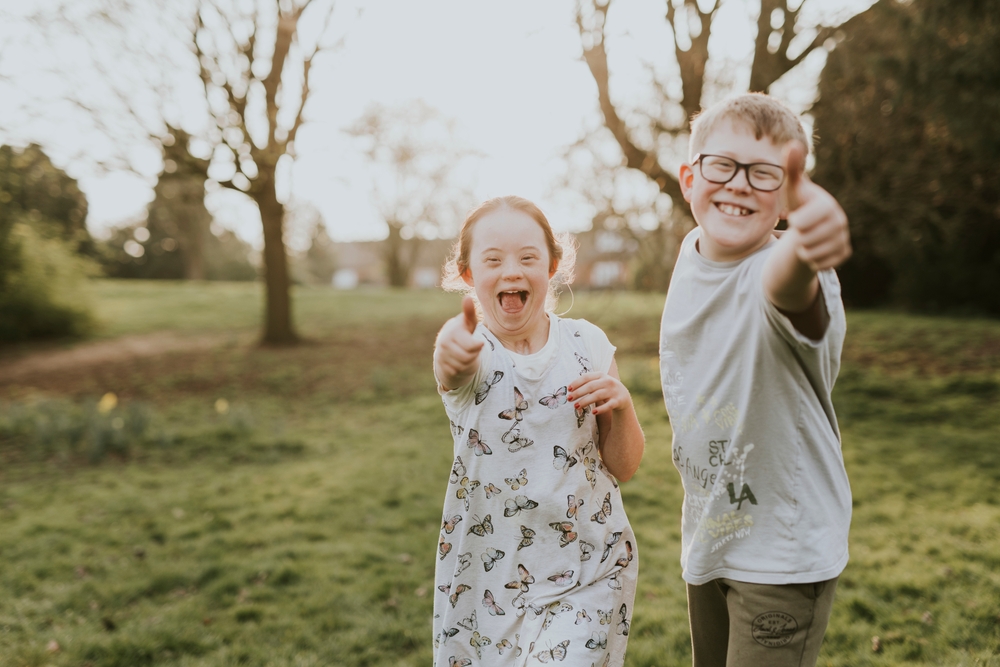Make an Appointment
Language development is a crucial part of a child's overall development. It is the process by which children acquire the ability to understand and use language to communicate with others during early childhood development. Language development is important because it lays the foundation for future academic success, social interaction, and overall well-being. In this blog post, we will explore the stages of language development, the importance of language development, examples of language development in childcare, and speech pathology services for language development in early childhood.
Table of contents
I. What is Language Development in Early Childhood Development?
II. What are the 5 Stages of Language Development in Early Childhood?
III. Why is Language Development Important in Early Childhood?
IV. What Age Does Language Develop in Early Childhood?
V. What are Examples of Language Development in Childcare?
VI. Speech Pathology Services for Language Development in Early Childhood
VII. Conclusion
What is Language Development in Early Childhood Development?
Language development in early childhood is a complex process that involves various aspects of communication, including receptive and expressive language skills. Receptive language refers to a child's ability to understand spoken language and the meaning of words and phrases. This involves the ability to comprehend and interpret verbal and non-verbal cues, such as facial expressions and body language.
Expressive language, on the other hand, involves a child's ability to use language to communicate their thoughts, feelings, and ideas. This includes the ability to form sentences and use correct grammar, as well as to use vocabulary appropriately in different contexts. Developing strong expressive language skills is crucial for effective communication and social interaction.
Language development occurs in early childhood through a combination of genetic, environmental, and social factors. Infants and young children are constantly exposed to language through their interactions with caregivers, peers, and their environment. They learn to make sense of the language they hear and see, and gradually develop their own language skills.
During the first few months of life, infants develop their pre-linguistic communication skills, such as crying, cooing, and babbling. As they grow older, they begin to use single words to communicate their needs and desires, and eventually progress to using simple sentences and more complex grammatical structures.
In addition to verbal communication, non-verbal communication also plays a critical role in early childhood language development. Infants and young children use non-verbal cues, such as eye contact, gestures, and facial expressions, to communicate their needs and emotions. Understanding and responding appropriately to these cues is essential for effective communication.
Language development in early childhood is a complex process that involves various aspects of communication, including receptive and expressive language skills. It is a critical part of overall development, laying the foundation for future academic success, social interaction, and overall well-being. Caregivers and educators play a vital role in supporting children's language development by providing opportunities for children to engage in conversations, storytelling, and playing games. Early intervention and speech pathology services can also be effective in supporting children's language development.
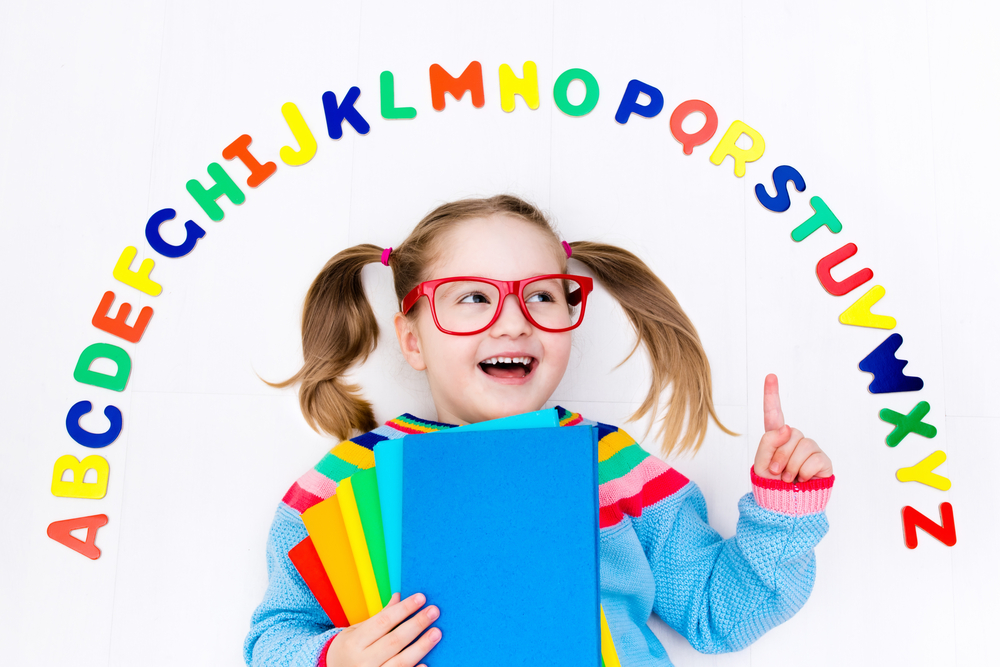
What are the 5 Stages of Language Development in Early Childhood?
There are five stages of language development in early childhood. They include:
A. Prelinguistic Stage (Birth to 12 Months)
During this stage, infants begin to develop language skills by making various sounds such as cooing and babbling. Infants learn to associate sounds with meanings, such as recognizing their mother's voice.
B. Holophrastic or One-Word Stage (12 to 18 Months)
In this stage, children begin to use single words to convey entire thoughts or ideas. For example, a child may say "mama" to indicate they want their mother.
C. Two-Word Stage (18 to 24 Months)
During this stage, children begin to combine two words to form simple phrases. For example, a child may say "want milk" to express their desire for milk.
D. Telegraphic Stage (24 to 30 Months)
In this stage, children begin to use simple sentence structures to express thoughts and feelings. They start using more complex grammatical structures and can form basic sentences, such as "I want the red ball."
E. Beyond the Telegraphic Stage (30 Months and Older)
At this stage, children develop more complex sentence structures to convey abstract ideas. They can form more complex sentences and can convey more detailed thoughts and feelings.
Why is Language Development Important in Early Childhood?
Language development is critical during early childhood development because it is the foundation for future academic success, social interaction, and overall well-being. Children who have language delays or disorders may experience difficulties with learning, socialising, and expressing themselves effectively. If you want to learn more about the importance of speech and language in your child's development, check out our blog post on Why is Speech and Language Important in Your Child's Development? There, you will find more information about the role of speech and language in early childhood development and the benefits of early intervention for children with language delays or disorders. Language is also essential for children's cognitive and emotional development. It allows children to develop their thoughts, feelings, and ideas and express them effectively. It also helps them to understand and respond to the world around them, enhancing their overall development.
What Age Does Language Develop in Early Childhood?
Language development is a crucial aspect of early childhood development that takes place from birth to the age of five. During this period, children develop their language skills through listening, observing, and interacting with the people around them, including their parents, caregivers, and peers. As children grow and mature, they develop the ability to understand and use language to express their thoughts, feelings, and ideas.
The early years of a child's life are a critical time for language development, as this is when the brain is most receptive to learning new skills and forming connections. This is why early intervention is essential for children who have language delays or disorders. The earlier these issues are identified and addressed, the better the outcomes for the child's language development and overall well-being.
Parents and caregivers play an important role in monitoring children's language development and identifying any concerns. There are several milestones that parents can use to track their child's language development, such as babbling, first words, and first sentences. If a child is not meeting these milestones, it may be a sign of a language delay or disorder, and it is essential to seek professional help.
Speech and language pathologists are trained professionals who can provide support and guidance to parents and caregivers of children with language delays or disorders. They can assess a child's language skills, provide therapy and interventions, and help parents and caregivers support their child's language development.
Language development is a critical aspect of early childhood development that occurs from birth to the age of five. Early intervention is essential for children with language delays or disorders, and parents and caregivers play a vital role in monitoring their child's language development and seeking professional help if needed. If you have concerns about your child's language development, don't hesitate to reach out to a speech and language pathologist.

What are Examples of Language Development in Childcare?
There are several strategies that caregivers and educators can use to support language development in childcare settings. These strategies include:
Reading and storytelling: Reading and storytelling are great ways to expose children to language and new vocabulary. It helps children to develop their listening and comprehension skills, while also encouraging their imagination and creativity.
Encouraging conversations: Encouraging children to have conversations with their peers and caregivers can help develop their social and communication skills. This can be achieved through asking open-ended questions and providing opportunities for children to share their thoughts and ideas.
Playing games: Games such as memory or matching games can help children develop their language and cognitive skills. These games encourage children to use their memory, problem-solving, and language skills to complete tasks.
Singing and nursery rhymes: Singing and reciting nursery rhymes can help children develop their phonemic awareness, which is the ability to recognize and manipulate individual sounds in words. This is an essential skill for reading and writing.
Speech Pathology Services for Language Development in Early Childhood
Speech pathology services can be an effective way to support children with language delays or disorders. These services can help children to develop their language skills, enhance their communication, and improve their overall development.
Physio Inq is a provider of speech pathology services throughout Australia, delivering both mobile and in-home services. Their services include assessment, diagnosis, and treatment of language delays and disorders in early childhood. Their team of qualified speech pathologists is trained to provide support to children with a range of communication difficulties, including difficulties with receptive language, expressive language, speech sounds, and developing language skills.
Conclusion
In conclusion, language development is a critical part of early childhood development. It lays the foundation for future academic success, social interaction, and overall well-being. Caregivers and educators play a vital role in supporting children's language development by providing opportunities for children to engage in conversations, storytelling, and playing games. Early intervention and speech pathology services can also be effective in supporting children's language development. If you have concerns about your child's language development, contact Physio Inq's intake team on 1300 731 733 to book an appointment or make a referral today.
Date Published: Wednesday, March 22, 2023
Locate a Speech Pathology
Service Near me
Get the experience & convinence you deserve to support your or a loved one's allied health needs.
Our Speech Pathology team are currently serving & taking appointments in the following states and regions in Australia:
Need to get into direct contact with ur Client Services team? We're all ears. Call our team directly on 1300 731 733

